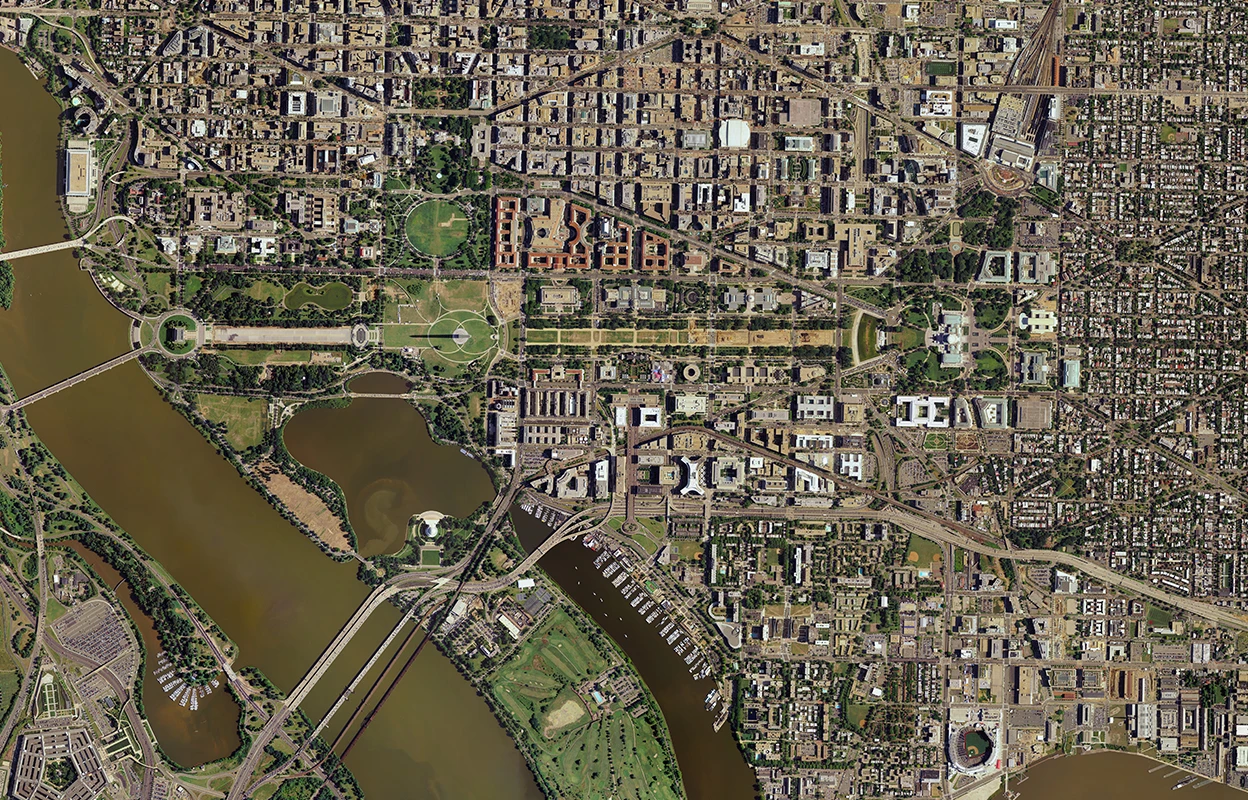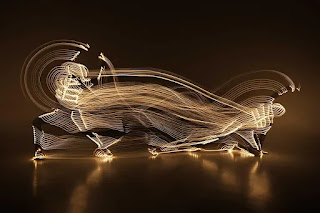With a long interest in how we as humans perceive our environment, I found this quote to be quite adequate:
"....the imposition of the gridded survey defines the lands as a uniform and monotonous mathematical space turns the lands into a trackless expanse viewed from above."In many ways we see land as two-dimensional and existing with geometrical shapes. Look at any map, look down from a plane, and you will see this. In a recent issue of Nature NAS scientist John Holmes reviews a new book, "Liberty's Grid", by historian of science and mathematics Amir Alexander.
Alexander relates how the "rectilinear grid was imposed and how it has fed into the US consciousness."
"In Alexander’s telling, the grid is grand, ambitious and uniquely American. It is not only a blank, boundless canvas, but also a causal factor of different aspects of the United States’s trajectory and character."A interesting book, but as Holmes rightly criticizes, Alexander often confuses cause and effect. Alexander tends to blame many events in our American history on the gridded map and ignore other elements at play in our American culture.
"Fly over the United States or walk its city streets and you can’t help but notice the country’s seemingly endless patchwork of rectangular blocks of land. The origins of this ‘grid’ lie in the eighteenth and nineteenth centuries, when the early US early leaders sent surveyors out to carve up vast tracts of land acquired under treaties and to expand settlement westwards to the Pacific coast."In other words, dividing up this country was a rushed job without real thought to the landforms. Not that they mattered anyway, except as resources to exploit. Ask the Native Americans about that.
Good points here:
"“Written not on parchment but into the mountains, valleys, and plains of North America, the Great American Grid embodies an ideal of America as a land of unconstrained freedom and infinite opportunity,” Alexander writes. His central thesis is that, although dividing up much of the United States into a geometric grid might seem like a convenient solution to a difficult problem, when viewed from a historian’s perspective it becomes an expression of American exceptionalism and a means to fulfil the idea of the country as an “empire of liberty”."It is in the last explanation of criticism by Holmes that I agree. Simply because Alexander either ignores or circumvents the psychology and sociology of creating borders, visible and invisible. In basic philosophical perspective, it's creating and outlining territories, just as wild cats and canids do by urinating on the edges of their territories. And those borders are dynamic, not static. This has been a main foundation of human war since civilization. Except for traditionally nomadic peoples, where land borders are blurred or don't exist.
We could hypothesize that borders are a human construct, but other species prove otherwise. The real mystery is how we add layers of human culture and society on and in those human-drawn lines. Or perhaps that is our default subconscious way of looking at reality. What is the global traditional shape of most structures? Walls with straight lines and 45 degree corners.





